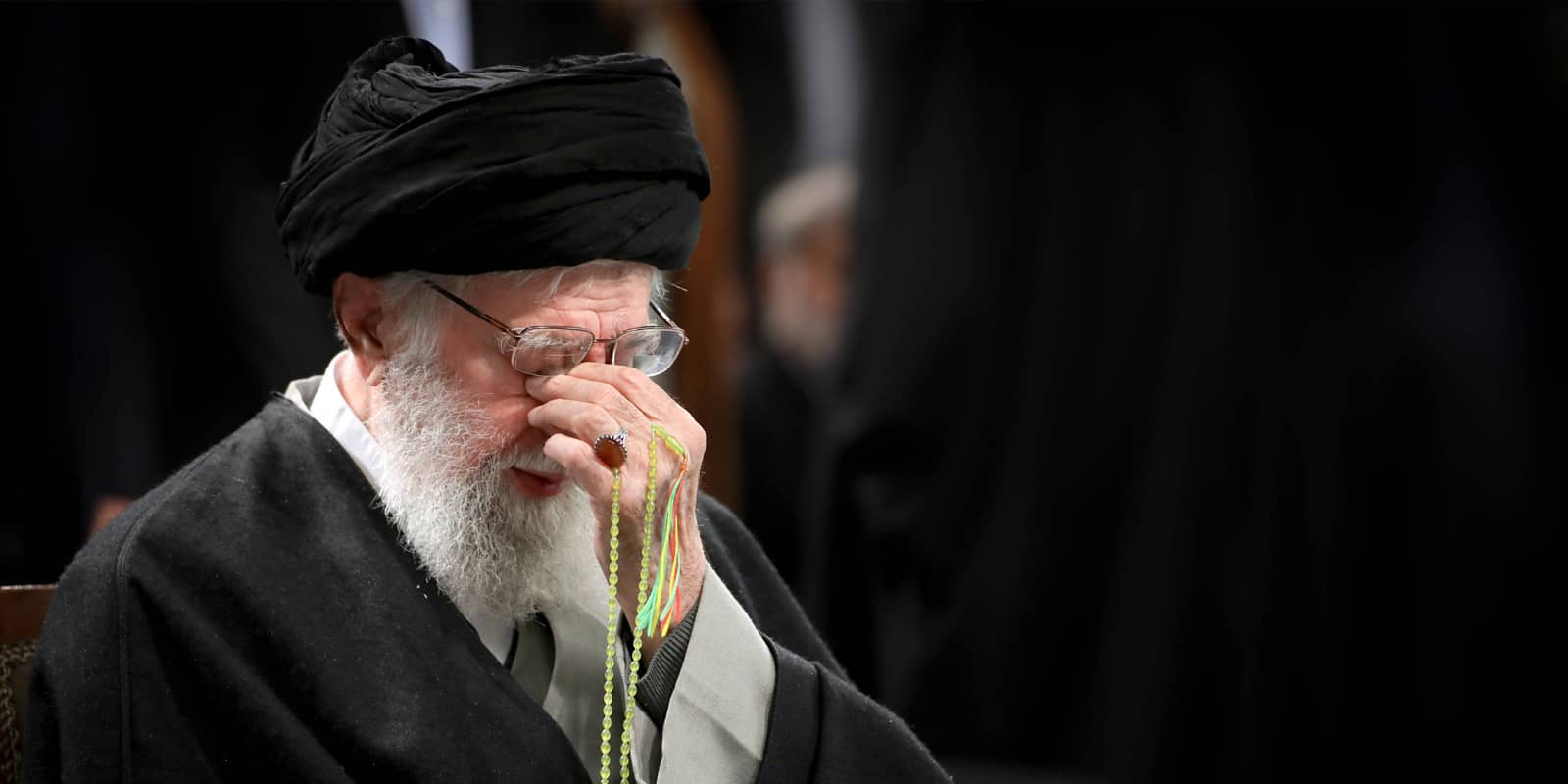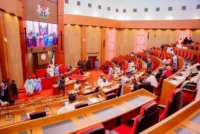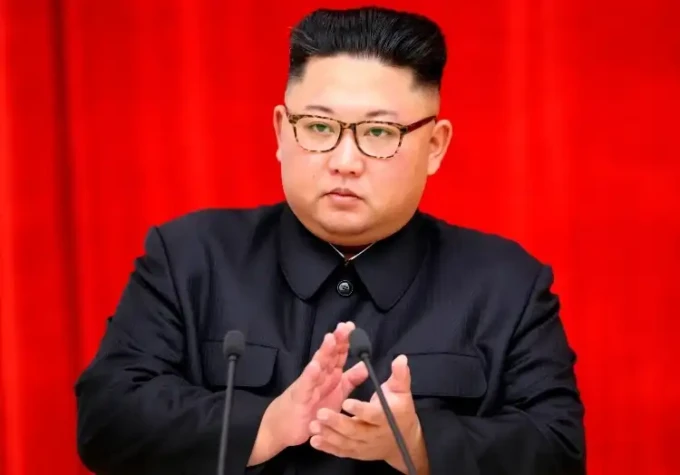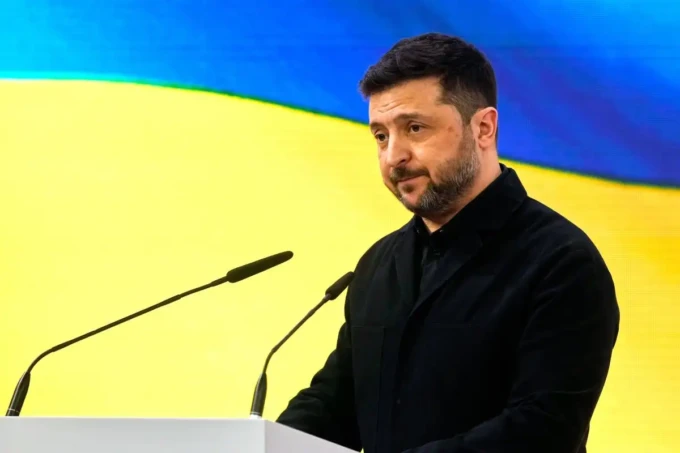The longstanding tensions between Iran and Israel escalated dramatically with a significant Israeli airstrike on Tehran’s Evin Prison, resulting in at least 71 fatalities. The attack, which occurred on June 23, targeted the prison’s administrative building, leading to widespread destruction and loss of life.
Evin Prison, located in northern Tehran, has long been a symbol of Iran’s political repression, housing numerous political prisoners, dissidents, and foreign nationals. The facility’s notoriety stems from its history of detaining individuals critical of the government, including human rights activists and journalists.
The Israeli Defense Ministry stated that the airstrike aimed at “regime targets and government repression bodies in the heart of Tehran,” with Evin Prison being a focal point of this strategy. The attack resulted in the destruction of parts of the prison’s administrative building, medical center, and visitation rooms. Iran’s judiciary confirmed that the victims included administrative staff, guards, prisoners, visiting relatives, and nearby residents.
In response to the attack, Iranian authorities initiated the transfer of inmates from Evin Prison to other facilities within Tehran. The judiciary’s Mizan Online reported that this measure was taken to protect the rights of prisoners and to provide space for relief operations. However, the exact number of transferred inmates and their new locations were not disclosed.
The international community swiftly condemned the Israeli airstrike. The United Nations Office of the High Commissioner for Human Rights described the attack as a serious violation of international humanitarian law, emphasizing that Evin Prison was not a military objective. Amnesty International also expressed deep concern, highlighting the facility’s role in holding hundreds of inmates, including rights defenders.
The Israeli government’s justification for targeting Evin Prison centers on its association with Iran’s internal security apparatus and its role in detaining individuals critical of the regime. Israeli Defense Minister Israel Katz stated that the airstrike was part of a broader strategy to target “bodies of government oppression in the heart of Tehran.” This perspective underscores the complex and contentious nature of the conflict, where military actions are often framed as efforts to dismantle oppressive structures.
The attack on Evin Prison has intensified the already volatile situation in the Middle East. The loss of life and the destruction of a facility emblematic of Iran’s political system have further strained relations between the two nations. The international community continues to monitor the situation closely, urging both parties to adhere to international laws and to seek peaceful resolutions to their disputes.
As the conflict progresses, the humanitarian impact remains a significant concern. The fate of the transferred inmates, many of whom are political prisoners, and the broader implications for human rights in the region are issues that require ongoing attention and dialogue. The situation at Evin Prison serves as a stark reminder of the human cost of geopolitical conflicts and the urgent need for diplomatic efforts to prevent further escalation.












Do you think this attack will escalate tensions in the Middle East even further? Its a scary situation.
Do we really have all the facts here? Lets not jump to conclusions without knowing the full story.
This attack raises serious questions about international law and the morality of targeting prisons. What are your thoughts?
Isnt it time we address the root causes of these conflicts instead of resorting to violence? Diplomacy over destruction, please!
Wow, can we really trust the reports coming out of Iran? Seems fishy to me… What do you all think?